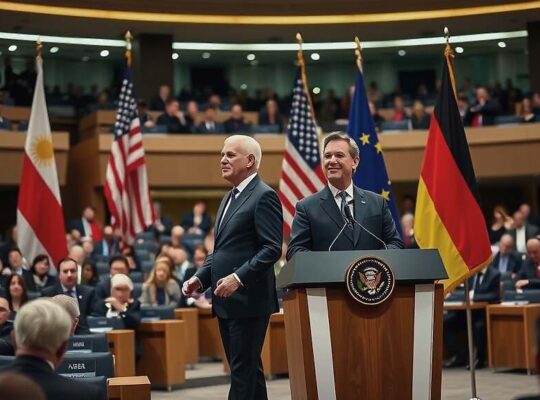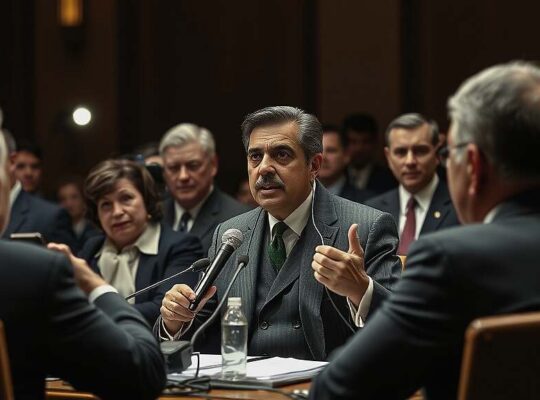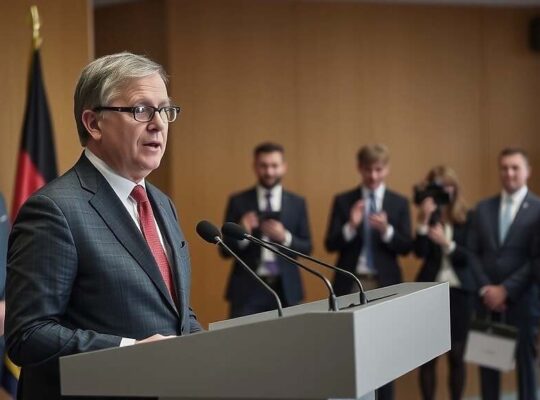Four German cities and regions have formally expressed interest in bidding to host the Olympic Summer Games in 2036, 2040, or 2044, igniting a renewed national debate about the benefits and burdens of such a monumental undertaking. The move comes amidst growing scrutiny of the escalating costs and questionable legacy of recent Olympic Games globally.
A recent Forsa poll commissioned by “Der Stern” magazine reveals surprising breadth of public support, with a resounding 72% of Germans expressing approval for bringing the Games back to the nation. Only 22% oppose the idea, a significantly lower figure suggesting a shift in public sentiment compared to previous Olympic bids. The poll’s findings, noting high support across all age demographics and political affiliations, present a seemingly favourable climate for a bid.
The German Olympic Sports Confederation (DOSB) is slated to make a formal decision regarding the candidate city in the autumn of next year. Currently, Munich emerges as the frontrunner, garnering 39% of preference among those who support a bid. The Rhine-Ruhr region follows with 24%, Berlin with 19% and Hamburg trailing at 11%.
However, a closer examination of the regional support reveals a more complex picture. Munich enjoys particularly strong backing in the southern and central regions of Germany, experiencing support rates of 64% and 51% respectively. Rhine-Ruhr’s appeal is most prevalent in North Rhine-Westphalia. Berlin and Hamburg, while receiving some support nationally, generate considerably less enthusiasm in their respective home regions. Berlin’s bid is favoured amongst East Germans (36%), but lacks the widespread backing seen in more prosperous areas. Hamburg’s appeal to North Germans is similarly limited (34%), raising questions about the broader national resonance of these bids.
This disparity in regional support challenges the narrative of uniform public enthusiasm and highlights a potential political hurdle. Analysts suggest that any successful bid will need to address these regional discrepancies and demonstrate a clear understanding of the potential financial and infrastructural challenges, particularly in regions where the enthusiasm is less pronounced. Furthermore, the legacy of previous Olympic bids, often characterized by cost overruns and abandoned infrastructure, will undoubtedly be a central point of contention as the bid progresses, demanding unprecedented transparency and community engagement to gain lasting support.












